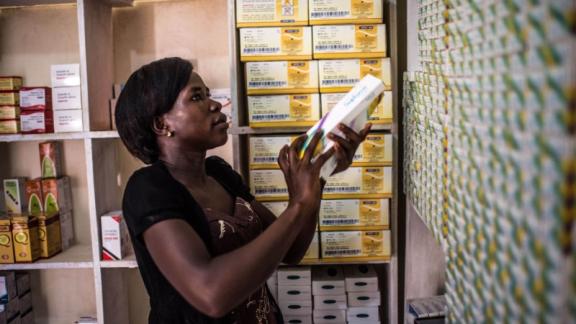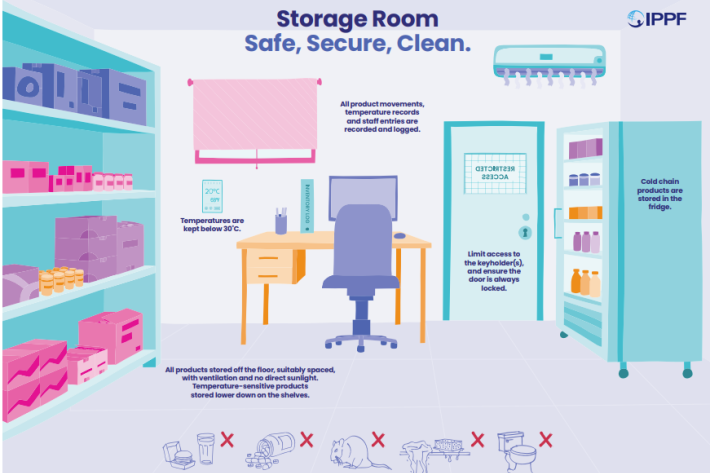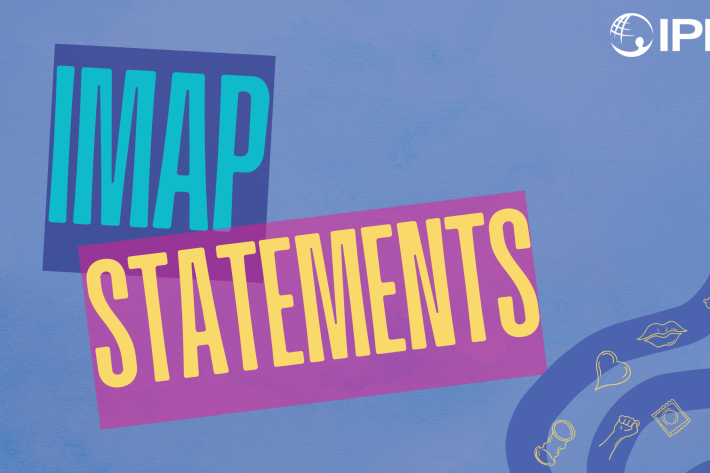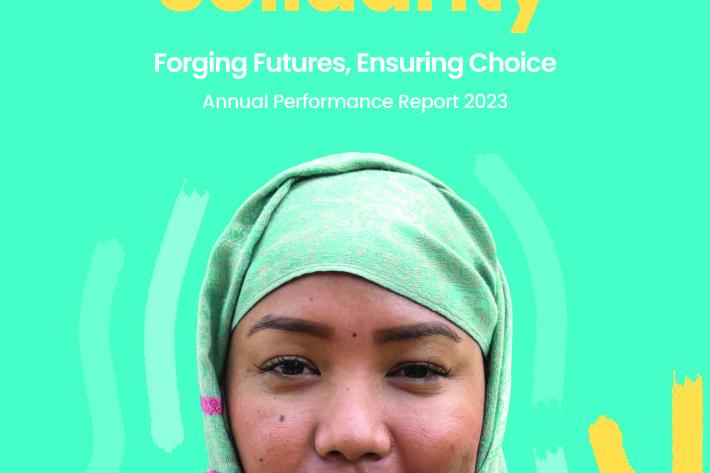Spotlight
A selection of resources from across the Federation
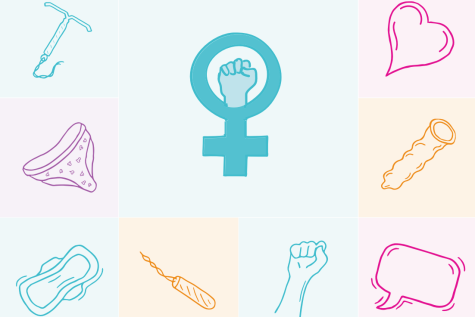
Technical Brief: Designing and Delivering Inclusive, Rights-Based Sexual and Reproductive Healthcare to Transgender and Gender Diverse People
This technical brief outlines key recommendations across several sexual and reproductive health service areas to promote access to inclusive care for transgender and gender diverse people.
Filter our resources by:

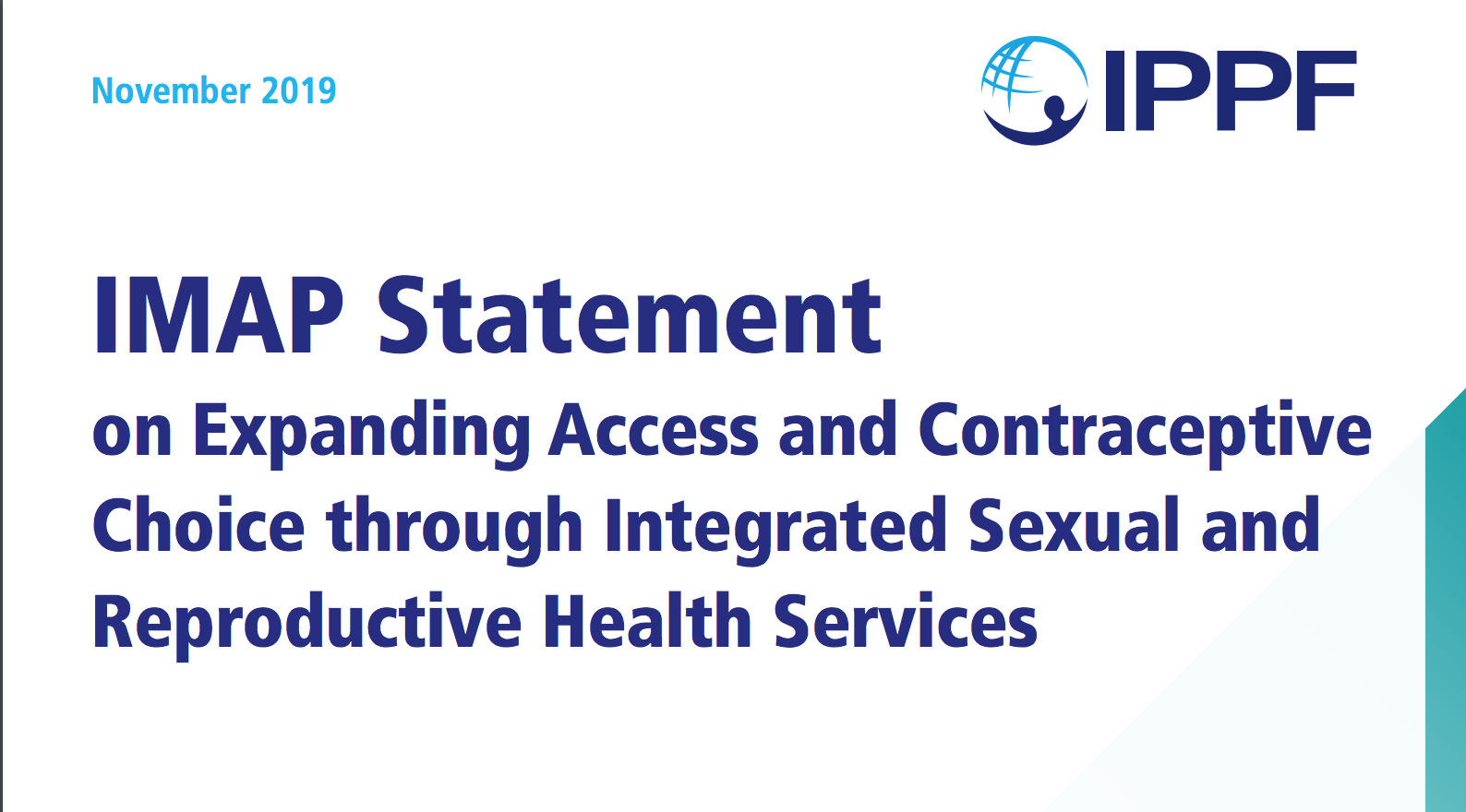
| 06 December 2019
IMAP statement on expanding access and contraceptive choice through integrated sexual and reproductive health services
In 2018, IPPF endorsed the WHO/UNFPA Call to Action to Attain Universal Health Coverage Through Linked Sexual and Reproductive Health and Rights and HIV Interventions.13 This IMAP statement serves as a reminder of this call to action to ensure all people have access to comprehensive SRH services, including integrated contraceptive and HIV/STI services, provided through primary healthcare.
| 14 March 2018
IMAP Statement on emergency contraception
Emergency contraception (EC) refers to any contraceptive method that can be used after having unprotected or inadequately protected sexual intercourse (UPSI) but before pregnancy occurs, providing women with the opportunity to prevent an unwanted pregnancy. EC is a safe and effective method for preventing unwanted pregnancy and can reduce the risk of pregnancy by up to 99%. In spite of its effectiveness, EC is not frequently used. In many countries, women face barriers to accessing EC. The majority of women in low‑income countries are unaware of EC. Moreover, some providers have negative attitudes toward providing EC to women and girls.
| 13 January 2017
IMAP Statement on safeguarding reproductive rights in the face of declining fertility
Profound changes in demographic patterns are taking place globally. Birth rates are falling in most countries around the world. Many governments are concerned about the impact of population ageing, and its consequent effects on lower economic productivity and escalating costs for medical care for older people. Some argue that birth rates must be stimulated to increase again. A few have begun to question the legitimacy of contraception and parenthood by choice, as well as challenging the principle of gender equality. This concern may also result in reduced focus on ‘the other side of the story’, namely that 225 million women who wish to avoid or delay pregnancy are not using modern contraception. Such restrictive approaches contravene people’s right to “reproduce and the freedom to decide if, when and how often to do so” as agreed at the 1994 International Conference on Population and Development, and reiterated through the 2015 Sustainable Development Goals.







